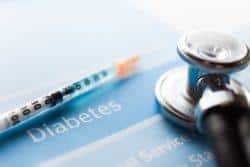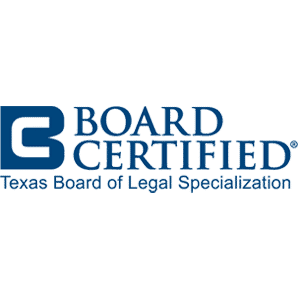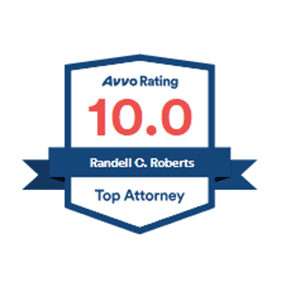Nov 10, 2016 - Drugs & Medical Devices by Justin Roberts

The FDA’s initial safety review of these medications began in May of 2015 after the agency received multiple reports that Invokana and other sodium-glucose cotransporter-2 (SGLT2) inhibitors could lead to diabetic ketoacidosis, a dangerous condition where the body produces high levels of acid in the blood. If left untreated, diabetic ketoacidosis can cause comas and eventually death.
The FDA studied adverse event reports that had been submitted over two years, and found 73 instances where patients taking SGLT2 drugs developed diabetic ketoacidosis. Because these events are always underreported, the FDA decided to have pharmaceutical manufacturers change their warning labels to advise patients and doctors of the risk of developing ketoacidosis and serious urinary or kidney infections.
Medication like SGLT2 inhibitors treat Type-2 diabetes by keeping the kidneys from absorbing glucose. People with Type-2 diabetes have problems regulating their blood sugar, and these medications prevent the kidneys from absorbing too much. Instead, the glucose (sugar) is passed through urination without being absorbed.
Unfortunately, these drugs can also cause the body’s levels of glucose and insulin to drop too low. As a result, the body will start burning fatty acids, which can build up in the bloodstream causing diabetic ketoacidosis. Additionally, too much sugar in the urinary tract can lead to infections that may spread to the kidneys.
While SGLT2 drugs carried some warnings about increased blood acid levels, the warnings failed to mention the risk of diabetic ketoacidosis or kidney/urinary infections. This is especially important because patients who developed ketoacidosis while taking Invokana or similar drugs did not exhibit the normal symptoms (extremely high blood sugar). Instead, the drugs caused these patients to develop ketoacidosis while exhibiting low blood sugar, leading to delayed treatment and missed diagnoses.
The new warning labels will warn patients and doctors of these risks. The labels will advise patients taking these drugs to seek help if they develop symptoms like nausea, vomiting, difficulty breathing, confusion, unusual fatigue, or abdominal pain.
However, the changes to the warning labels come too late for patients who have already been harmed by SGLT2 inhibitors. These patients had no warning about the potential risks, and may not have known that the symptoms listed above could indicate a serious health problem.
If you have suffered injuries from an unsafe or defective medical product, the experienced product liability legal team at Roberts & Roberts is here to help with compassionate, aggressive representation. Please call 800-248-6000 or contact us for a free consultation.
Justin is an attorney at Roberts & Roberts and focuses his practice on mass tort litigation, where he specializes in helping individuals who are harmed by recalled or unsafe pharmaceutical drugs and medical devices. He has earned recognition as a “Top 40 Under 40” Trial Lawyer by the National Trial Lawyers. Prior to joining Roberts & Roberts, Justin served as an attorney in all three branches of Texas’s state government, including as a Briefing Attorney on the Texas Supreme Court. He also represented electric and natural gas utilities in complex regulatory proceedings before the Public Utility Commission of Texas and the Railroad Commission of Texas. Justin is a published author in the St. Mary’s Law Journal.








